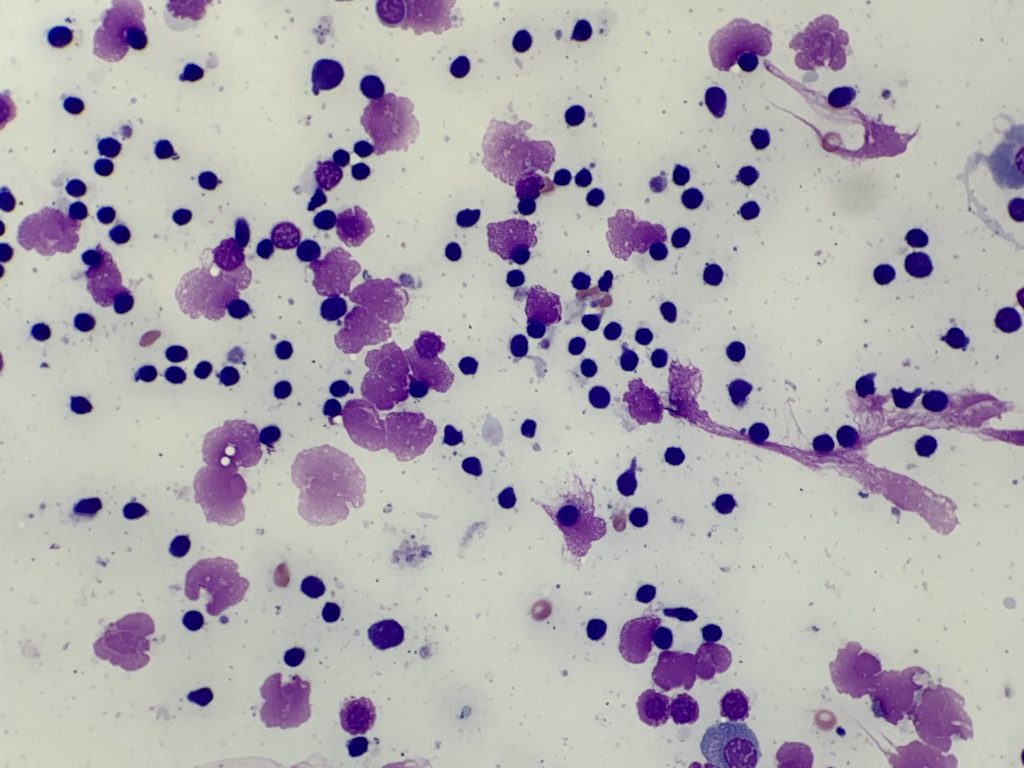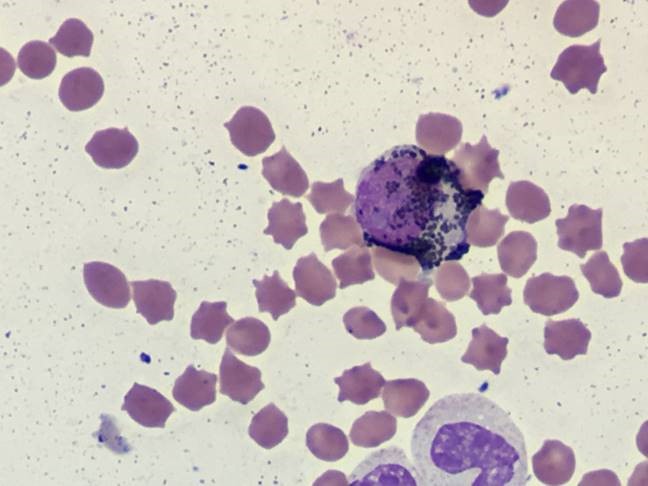Important update: lab results email is changing
Currently, all laboratory results are sent to you from results-lab@gribbles.co.nz. As of Wednesday, 2 July, this email address will be updated to: results-lab@awanuigroup.co.nz.To ensure you continue to receive your results without interruption, please add the new email addresses or the @awanuigroup.co.nz domain to your safe sender or contacts list to prevent messages from being marked […]










